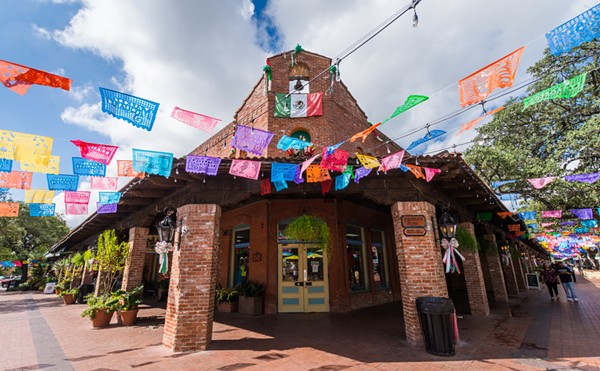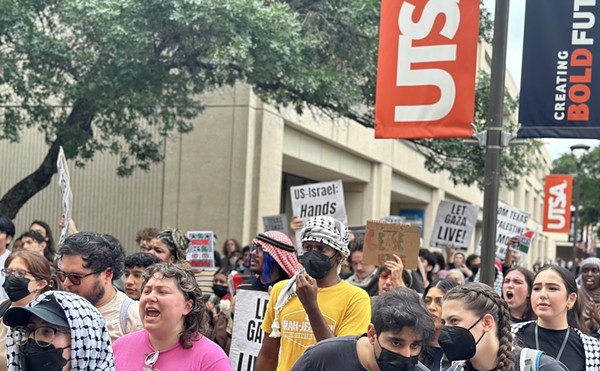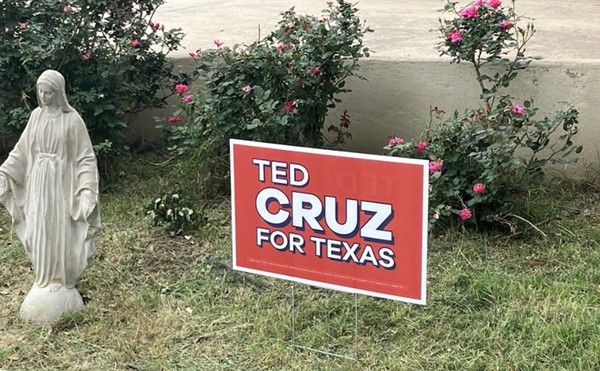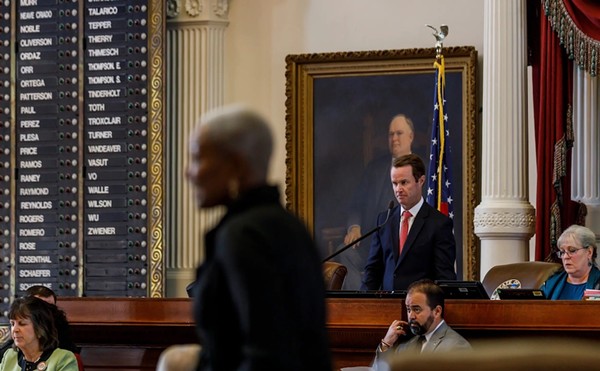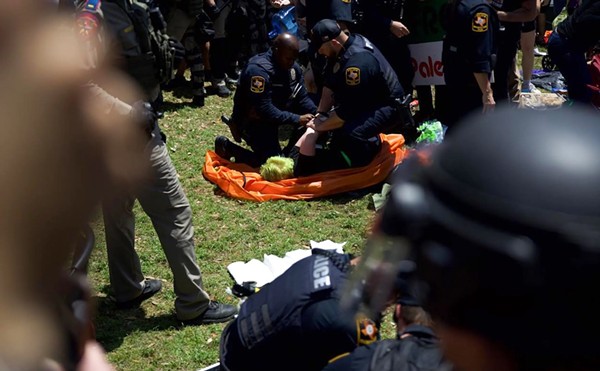The closest parallel would be the Cold War. For 46 years, starting in 1945, the United States and the Soviet Union lived under the constant threat of annihilation by each other's nuclear weapons. Not a few U.S. military leaders urged a preventive strike. More prudent counsels prevailed. We survived.
The ethical arguments I find even more convincing. Whose kids would fight the war? Who would be killed?
During the Vietnam War we had the draft. The impact was felt differently by different classes. Members of the upper and middle classes - including two who later became presidents - had the political power to escape through student deferments or other subterfuge. But as the war dragged on, the draft caught many of them, and when the body bags began to arrive, they began to complain. Yet the grunts, both in Vietnam and in this impending war, are drawn overwhelmingly from the poor, especially the non-white poor. Nobody speaks for them in Congress. They are the ones who will die on our side.
On the other side? For me, the dead and the mutilated in Baghdad will not be the faceless "collateral damage" on CNN. They will be human beings among whom I walked and with whom I did business. They will be Malek, who served me strong, sweet coffee in his little workshop in the souk, the vast public market with its narrow winding streets and obscure passages. How could I not grieve for Malek, the carver of exquisite miniature cabinets with secret compartments? Malek, who so respected his work that he would sell only to a buyer whom he was satisfied that would appreciate it and would care for it accordingly?
I have not given up. In spite of the nearly total abdication of responsibility by the mainstream media, a breath of realism flows through the Internet. The overwhelming rush to war that followed the shock of the collapse of New York's Twin Towers is losing its impetus. The churches no longer give their approval blindly as Cardinal Francis Spellman did with his blasphemous "my country right or wrong" when he greeted and blessed the soldiers in Saigon. Every major Christian denomination has voiced its rejection of war in Iraq: Catholic, Episcopal, Mennonite, Presbyterian, United Church of Christ, United Methodist, Church of the Brethren, Baptist.
The opposition is bipartisan. A group of Republican business executives appealed to President Bush in a full-page advertisement in the Wall Street Journal: "The world wants Saddam Hussein disarmed. But you must find a better way to do it."
International support for war is minimal, in spite of the thirst for the oil of our traditional allies. France is strongly opposed. Germany is reluctantly agreeing to limited support. British Prime Minister Tony Blair clings to his not-very-seemly role as Bush's gung-ho acolyte, while polls show public opinion in Britain equally divided.
The nations in the region, the ones most directly affected by the outcome, are overwhelmingly opposed. Turkey offers reluctant support, anxious for U.S. backing for its friends in divided Cyprus, especially now that Turkey desperately wants to become a member of the European Union. Pakistan offers similar reluctant support, seeking U.S. goodwill in its potentially nuclear conflict with India. All the others are adamantly opposed: Jordan, Saudi Arabia, Lebanon, Sudan, Indonesia, Malaysia.
It is important to understand the position of these countries. None of them - with the possible exception of Omar Hassan Ahmad Al-Bashir's Sudan - has any love for Saddam Hussein. They would much prefer a less oppressive regime in Iraq. But historic memories run deep, the kind of memories that motivated the people who concocted and carried out the attack on the Twin Towers. These go back a thousand years to the Crusades and the subsequent colonization of their countries by the European powers, England, France, Spain, Italy, Germany, Holland, Belgium. For them, the United States is the inheritor and beneficiary of the spoils of colonization.
In 1945, at the end of World War II, the United States had the vision to see that we had become one world in which the nation state was incapable by itself of ensuring peace with dignity for all. It took the lead in creating the United Nations as a mechanism that would extend the rule of law to the entire world. To unilaterally undertake a preventive strike against Iraq would mean the rejection of our basic principles as a nation. •
Born in Ireland, San Antonio writer Gary MacEoin has lived during the Black and Tan War, World Wars I and II, the Korean War, the Arab-Israeli War, the Troubles, Vietnam, Grenada, Desert Storm, plus countless civil wars and coups.




